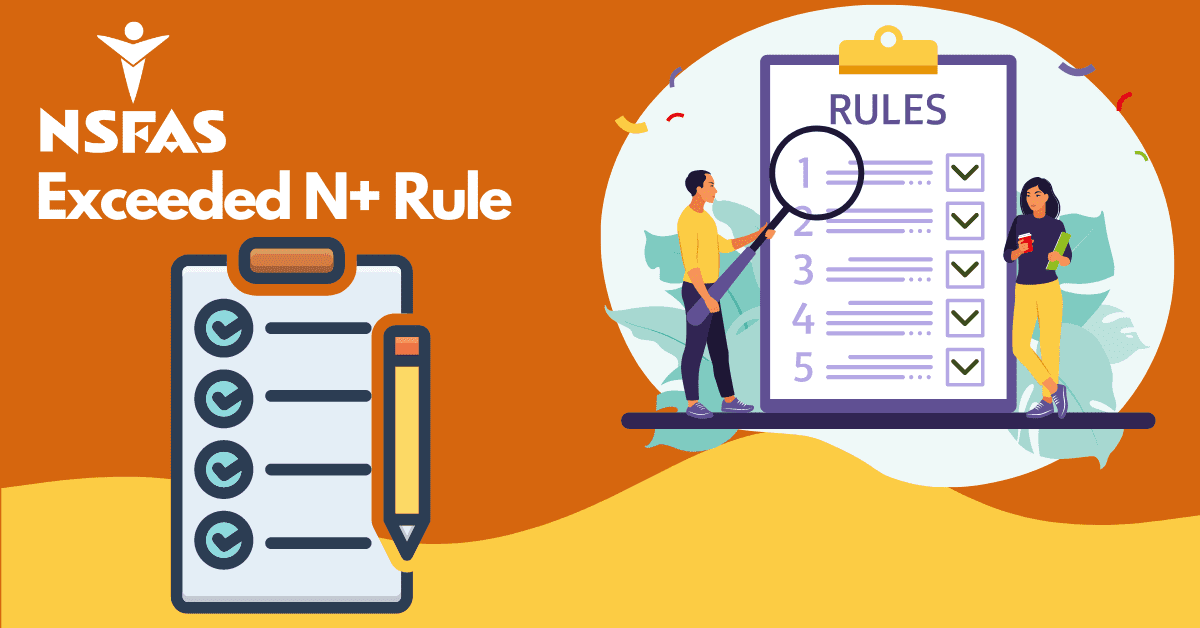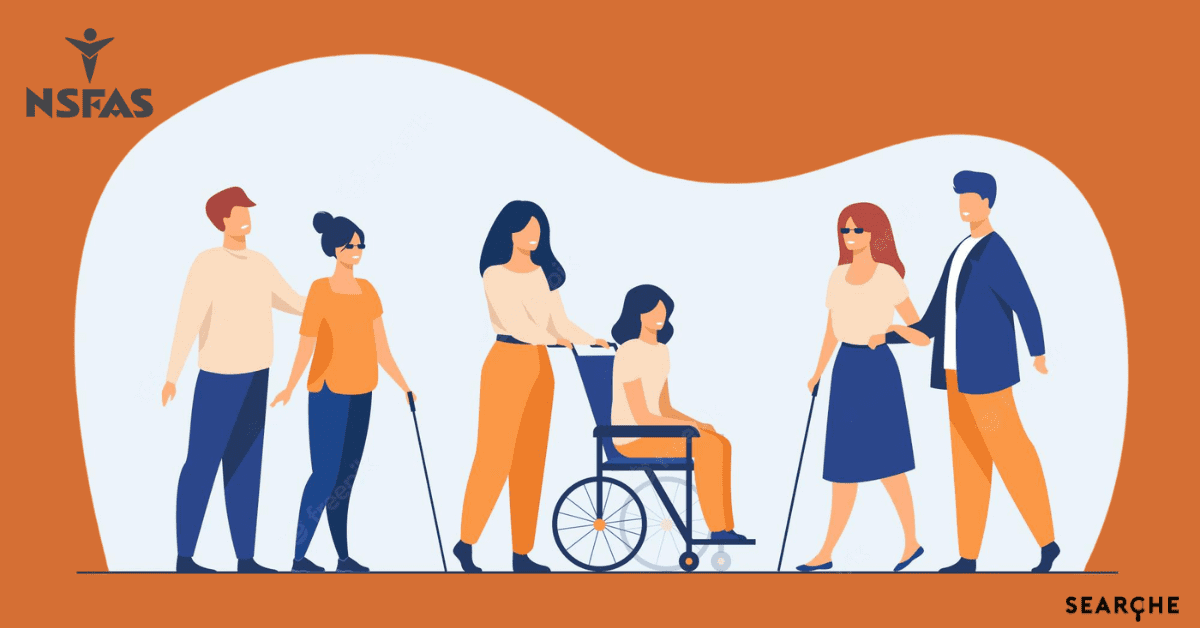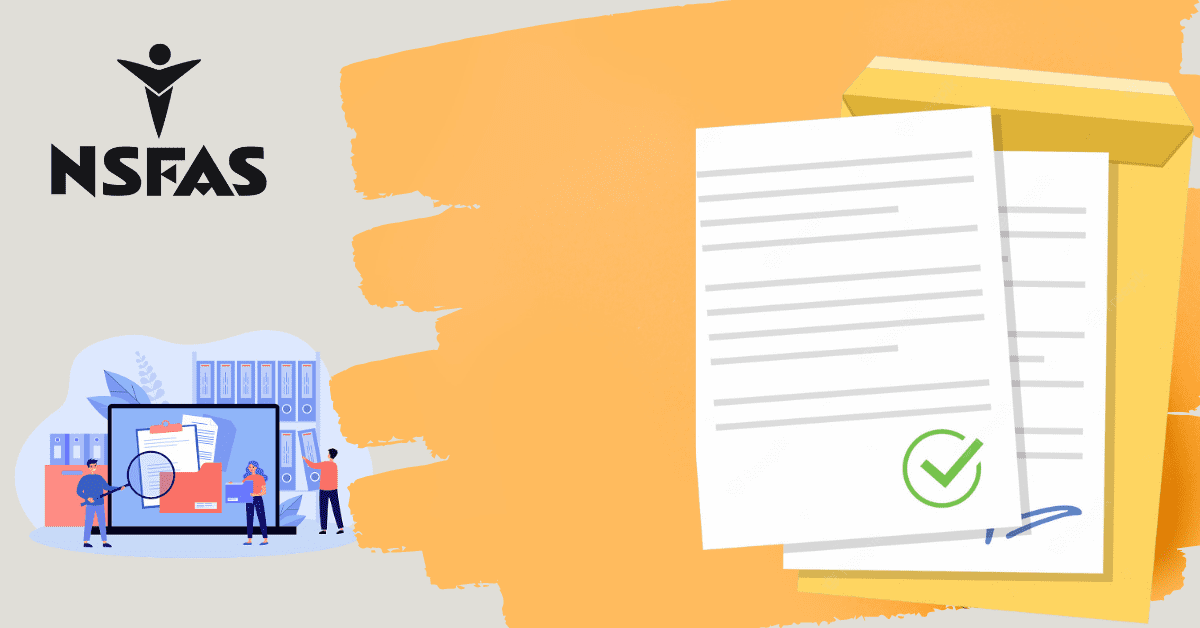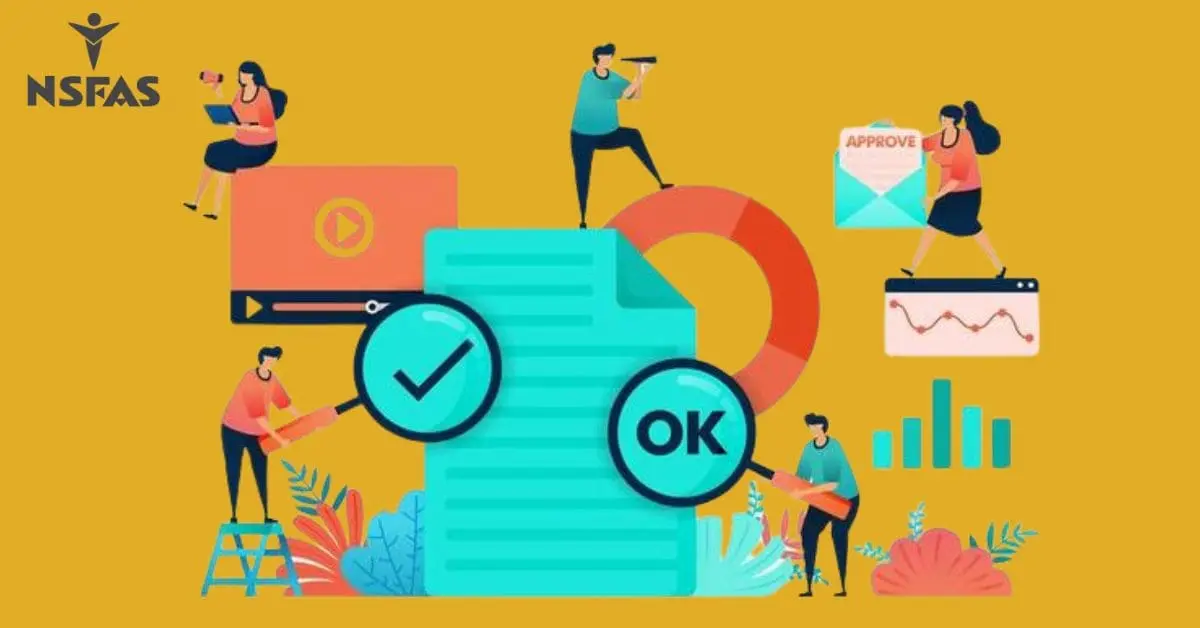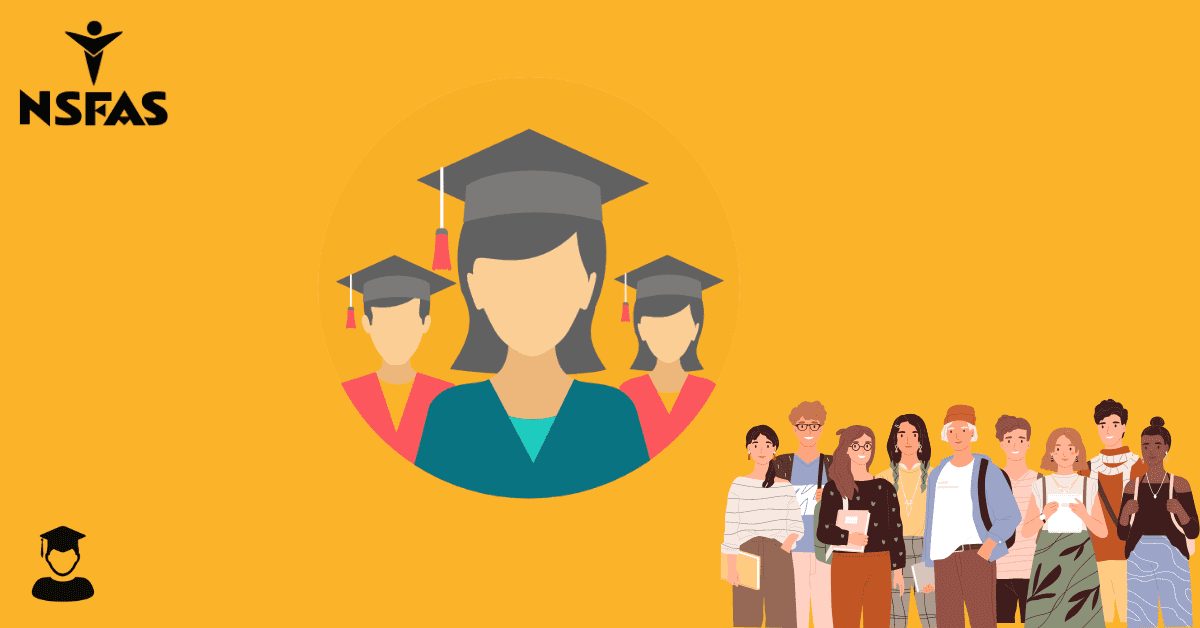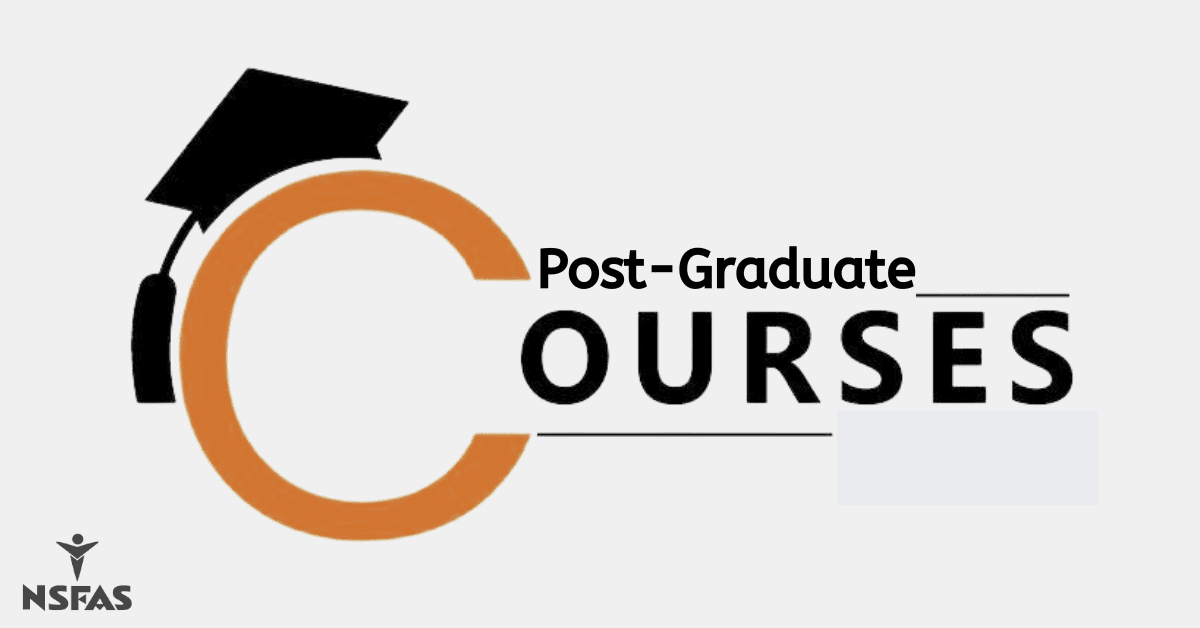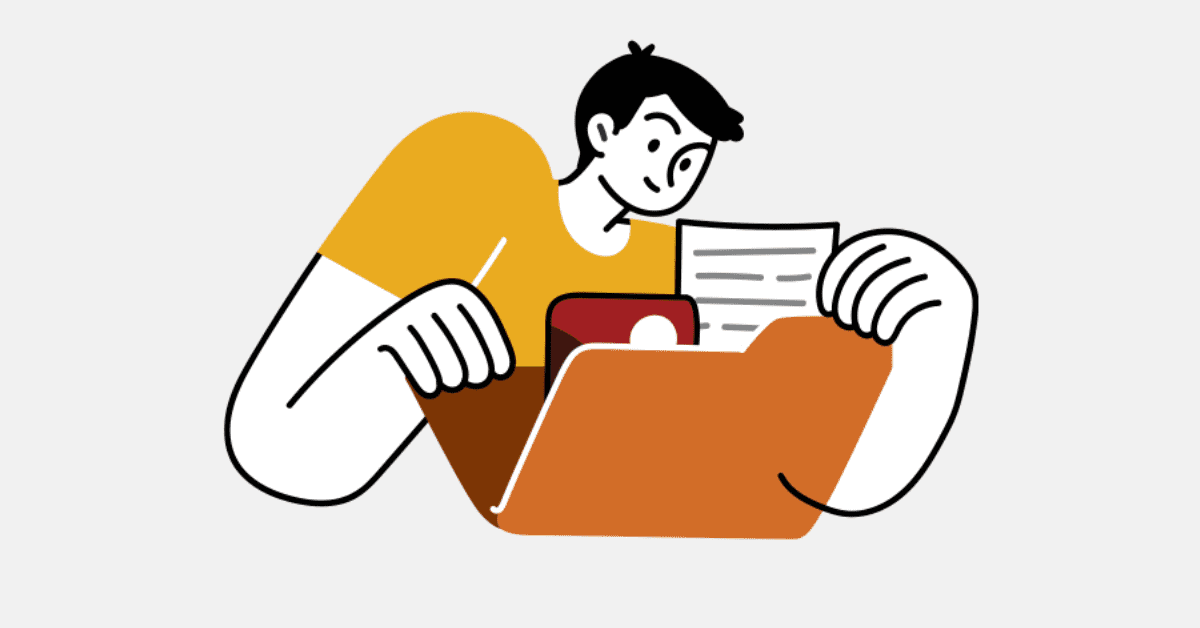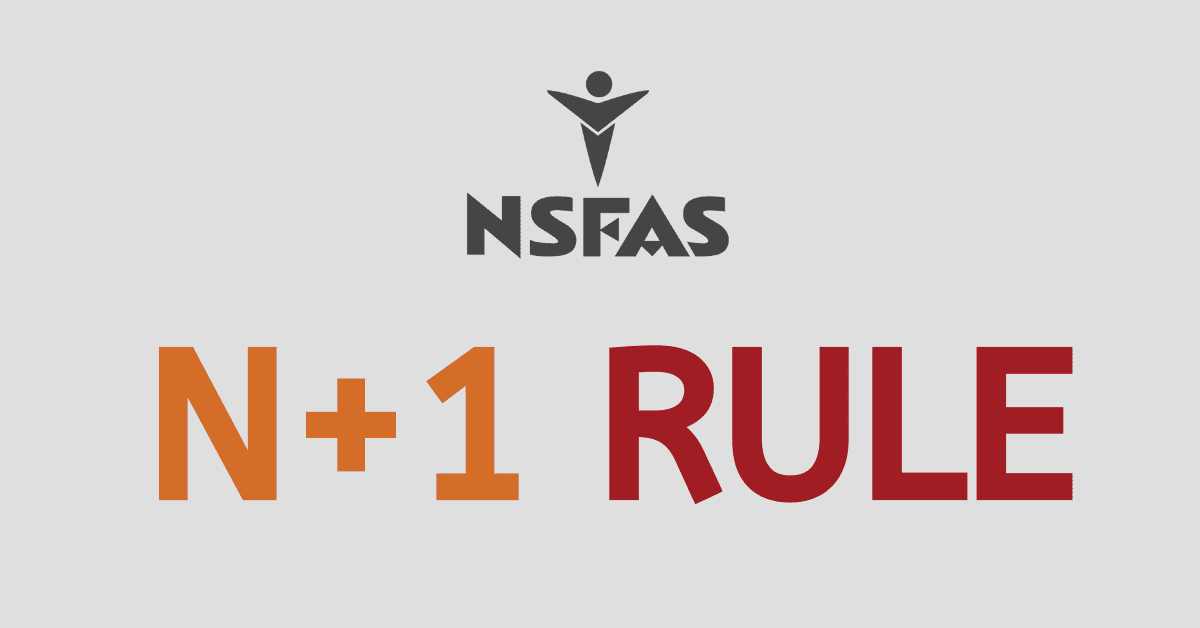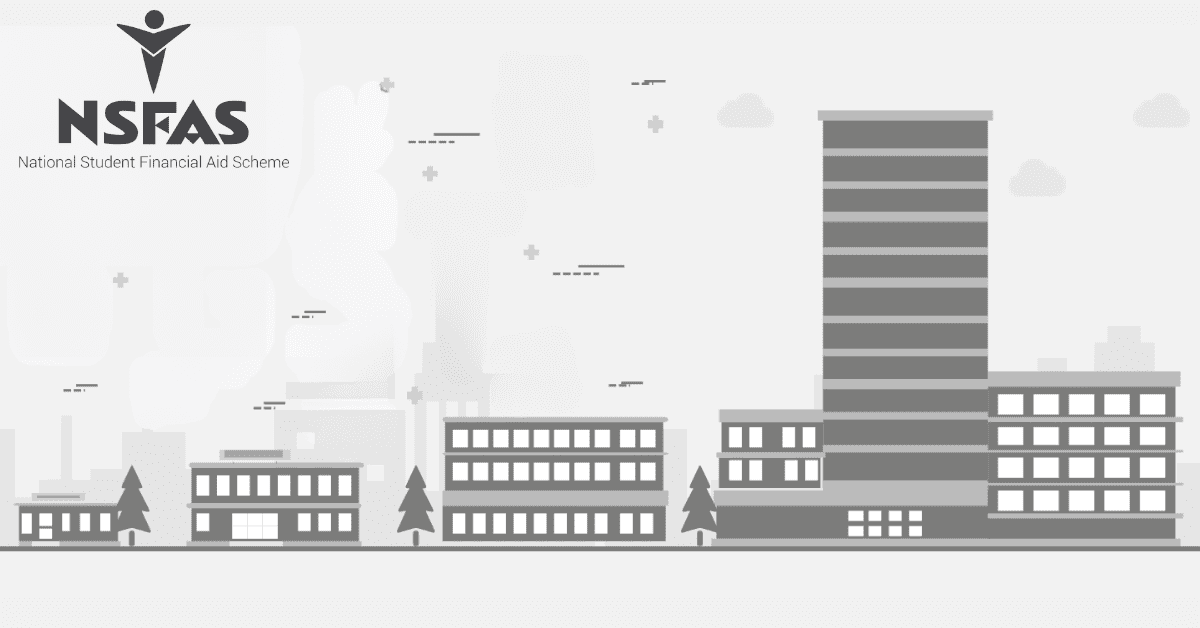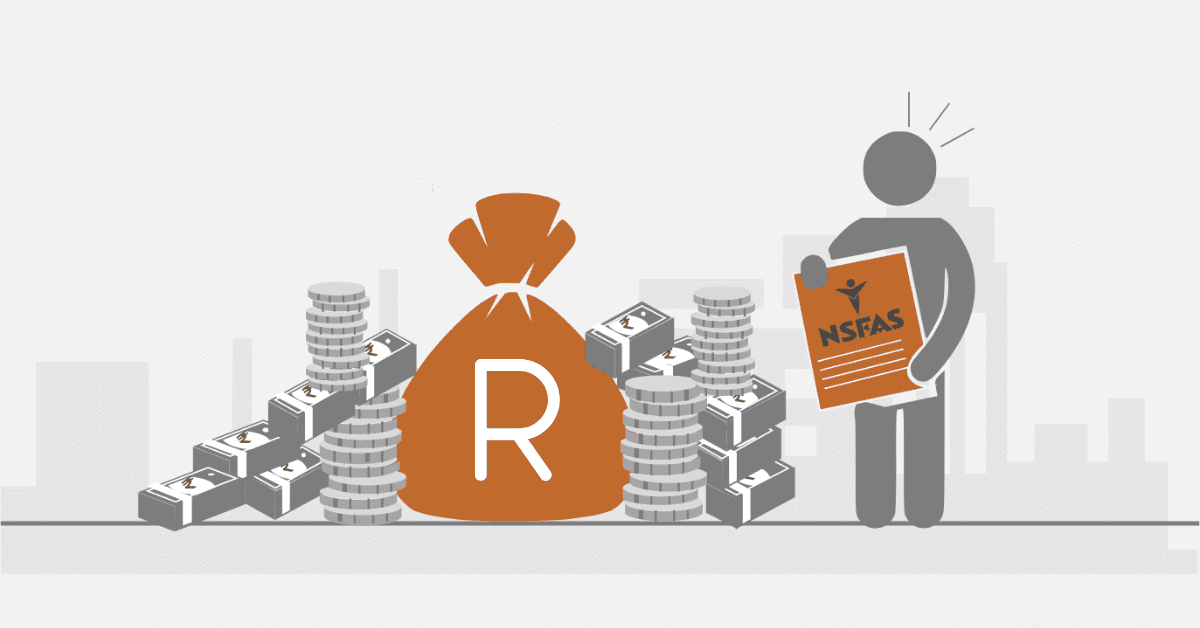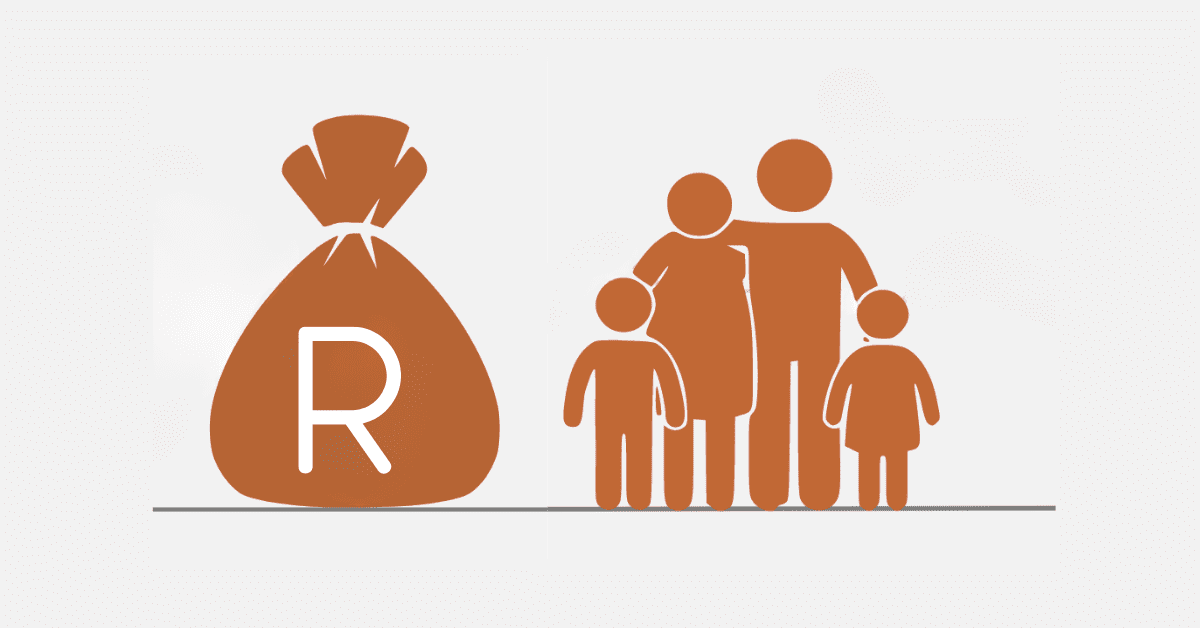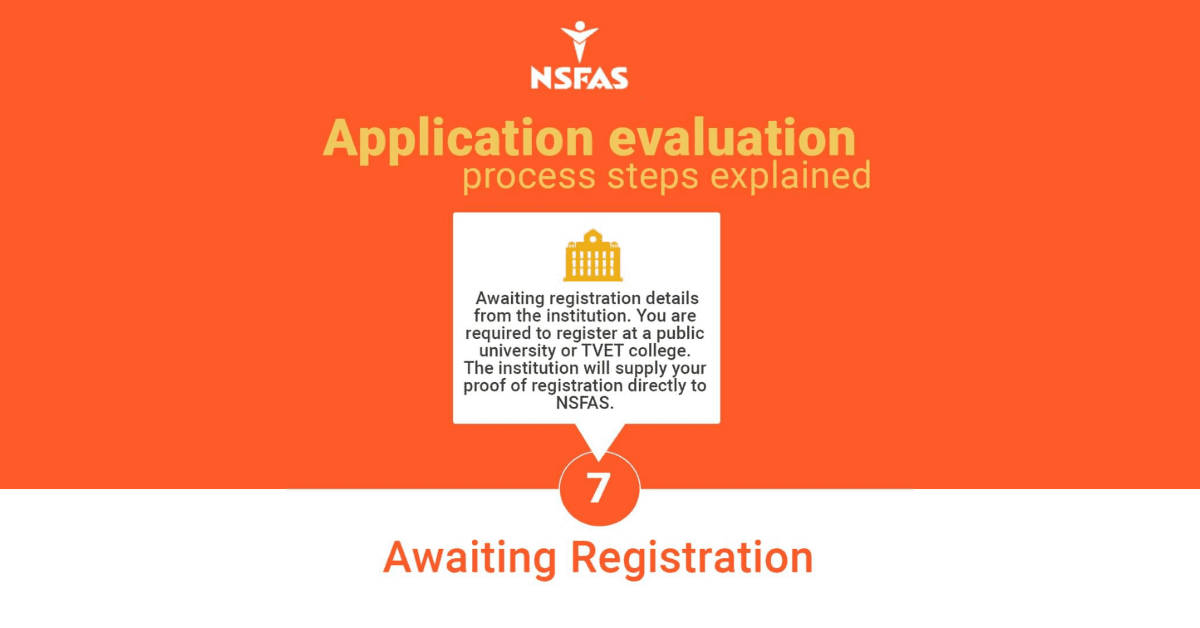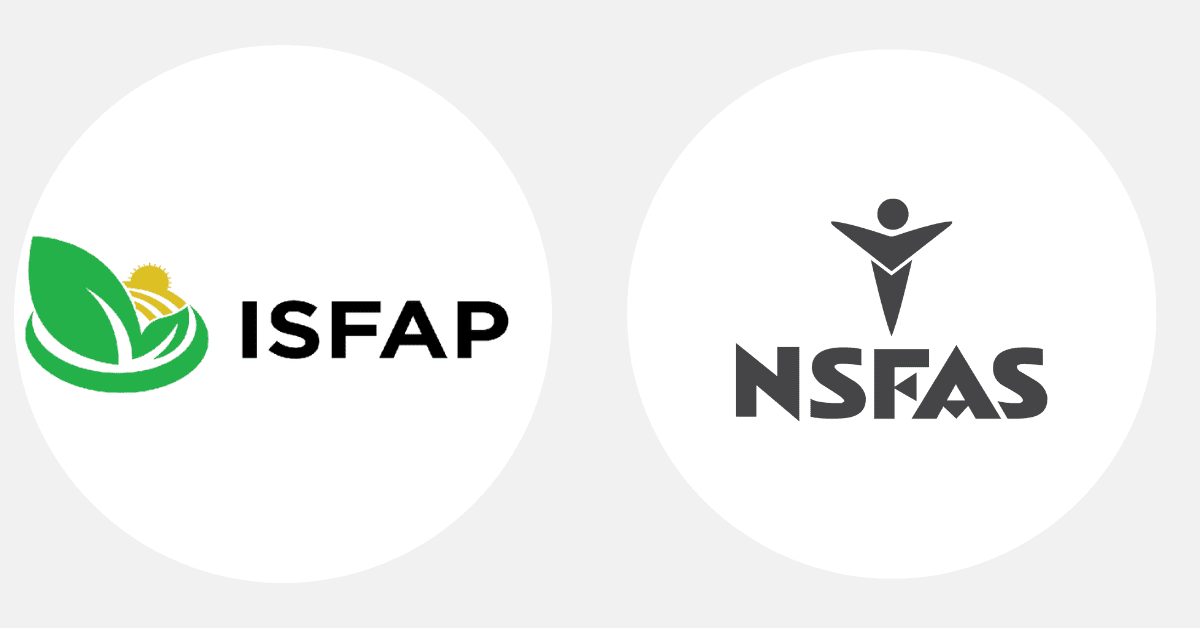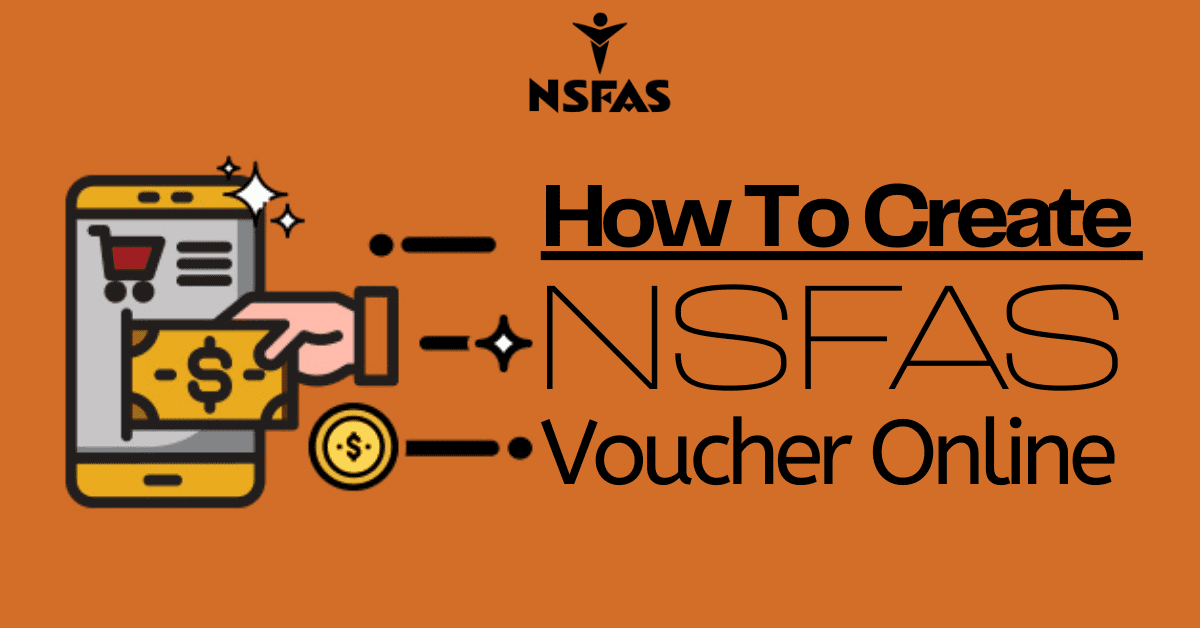Education is fundamental to creating and nurturing skills, knowledge, and vision in our modern world. A society is only as robust as its ability to innovate and evolve with the times and technologies–as Malcolm X once said, “Education is the passport to the future, for tomorrow, belongs to those who prepare for it today.”
However, as we focus on Africa, particularly South Africa, it’s apparent that today’s youth is woefully unprepared for an uncertain future. With pervasive unemployment, most parents find it impossible to put food on the table, let alone pay for their children’s tertiary education.
To curb the devastating effects of an under-educated society, the South African Department of Higher Education and Training developed the NSFAS (National Student Financial Aid Scheme) in terms of the NSFAS Act 56 of 1999.
What is the NSFAS?
The National Student Financial Scheme is a loan structure created to support those who cannot fund their studies or access bank funding through study loans. Eligible students at universities and Technical and Vocational Education and Training (TVET) Colleges in South Africa can apply. The NSFAS administers loans and bursaries, and students pay back the loans after graduation once they are employed. The NSFAS is consistently fundraising to strengthen the student bursaries and loans pool.
Who qualifies to apply for study loans?
To qualify for one of these loans, several criteria exist:
- You must be a South African citizen.
- Your family must have a combined income of no more than R350 000 per year.
- For students with disabilities, the combined family income cannot exceed R600 000 per annum.
- SASSA grant recipients are eligible.
- First-time registration for an undergraduate qualification at a public university.
- You are registered at a TVET college for a National Vocational Certificate.
- You qualify If you began studying before 2018 and your household income is not more than R122 000 per annum.
- You’re eligible if registered at a TVET college for one of the National Certificate Vocational or report 191 programmes*.
Who is not eligible for NSFAS?
The following criteria exist for those who are not eligible or cannot apply for NSFAS:
- Those who want to enrol in short courses.
- You have already completed a previous qualification.
- Your family’s combined household income is more than R350 000 per annum.
- You have already applied and received funding. The loan covers the duration of your studies provided you pass your chosen subjects.
- Students who are not South African citizens.
Funding will discontinue if you don’t pass 50% of your models, and from the 2025 academic year, only those with a 75% pass rate will qualify for loans. The pass rate is still under discussion, and it’s advisable to follow the news about this development.
What other requirements are there to apply for an NSFAS loan?
Apart from specified supporting documents, you must provide the following to apply:
- Proof of passing Grade 9, 10, 11, or 12 for TVET College studies.
- Proof of passing Grade 12 for study at a university.
- Copy of your ID or a temporary ID from the Department of Home Affairs
- If your parents are not SASSA recipients, you will need copies of your parents’ or a legal guardian’s ID. (Please note that a passport or Driver’s License will be accepted to prove identity).
- Non-SASSA applicants must also provide proof of income.
What is The Report 191 Programme?
Also known as N4-N6 Programmes or “Alternative Post-School Programmes”, 191 Programmes are offered to post-matric students in Business, Performing Arts, Utility, Engineering, and Educational Diploma Studies. To attain this qualification, students must complete 2000 working hours in their chosen study field after qualifying. This work is considered your repayment for participation.
This programme encourages self-employment and entrepreneurship, eventually leading to employment opportunities and community upliftment.
What does an NSFAS loan cover?
Applications are made online via computer, cell phone, or template.
In addition to covering the cost of your registration, your loan will also provide food, tuition fees, travel allowances, books, and accommodation.
These loans are paid back after graduation once you’re employed and earning R30 000 or more per year.
If you study at a TVET College, you will receive a bursary, which does not require repayment.
Bursaries
The NFSAS administers several bursaries, such as the Funza Lushaka Teacher Bursary (for those younger than 30 who wish to qualify as teachers), DHET Disability bursary, Department of Social Development Bursary, as well as other bursaries from the education and training sector authorities (SETAs). The NSFAS Website offers detailed explanations of all available bursaries and how to go about applying.
SETA Support
The support provided by SETAs requires students to complete a means test to decide if they are eligible.
Some of the courses available in the Wholesale and Retail Sectors include:
- Credit Management
- Retail Management
- Logistics
- Purchasing and Accounting
- Sales and Marketing
- IT (information technology)
- Supply Chain Management
- Clothing Technology, and
- HR Management (focused on industrial relations).
Conclusion
It is encouraging to discover that help is available for those less privileged with the means and desire to study and become educated.
Of course, every college or university has entry-level requirements, and you’d be wise to find out what those requirements are for the college or university you wish to attend before entering Grade 12.
Working diligently at the school level will ease your path into a bursary or funding opportunity. Study the NSFAS website to ensure you understand the requirements and begin your application as early as possible. The fund is available to everyone who doesn’t have the finances to cover the fees.
